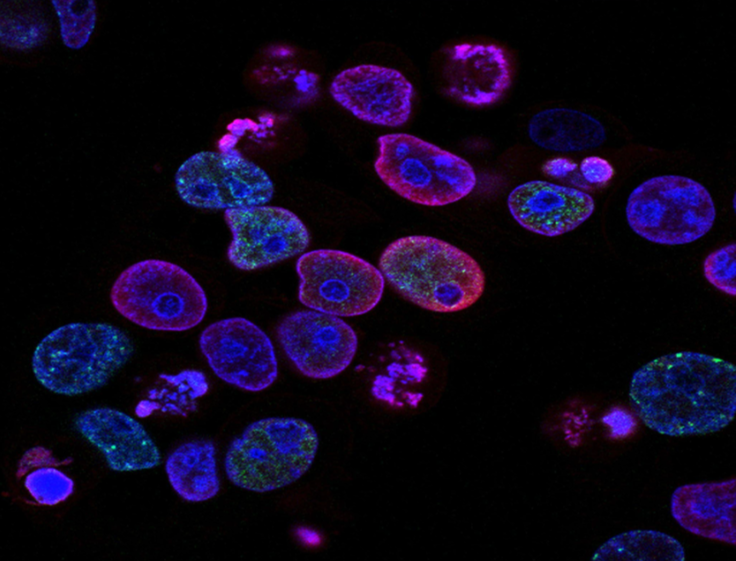You are individual and you are our priority
 Alydia Stark | 20 th May 2021
Alydia Stark | 20 th May 2021

The symptom list caused by COVID-19 continues to grow with the new found term of “brain fog.” What exactly is brain fog? Although it’s not an officially recognized medical term, brain fog is experienced by millions and can be caused by multiple scenarios. Individuals who have experienced brain fog describe it as feeling sluggish, forgetful and overall fuzzy.
Brain fog has long been felt while suffering from the common flu, jet lag and just having a terrible night of sleep. It’s a neurological symptom causing us to feel mentally “off.” Since COVID-19 has stepped up to the global plate, millions of individuals who have suffered from the novel disease claim to still experience brain fog months after their recovery as well as other symptoms. Could brain fog become a common long-haul COVID-19 symptom?
It’s hard to say how long brain fog symptoms will last due to the lack of understanding surrounding the novel coronavirus. Many who’ve recovered from the virus report not regaining
their sense of taste and smell for several months and for some, it’s been over a year. The long-term consequences of lacking those two senses have caused new “nutritional, safety and psychological,” worries (Walitt, B., Bartrum, E., 2021). Researchers are still attempting to figure out just how common brain fog is for those who’ve had COVID-19. A recent small focus group analysis reported by Walitt and Bartrum stated that 7.5% to 31% of survivors report having an altered mental state after their virus recovery.
Studies done by Alessandro Pezzini and Padovani describe how the severe acute respiratory syndrome that is COVID-19 have been showing signs of negatively affecting our central nervous system (CNS). There are several signs showing whether or not COVID-19 has invaded our nervous systems. According to Pezzini, an important sign showing CNS invasion “would be the detection of the virus in cerebrospinal fluid.” (Pezzini, 2020). Our cerebrospinal fluid’s purpose is to cushion the brain in the skull and acts as a shock absorber for the CNS. Finding COVID-19 in the fluid shows increased likeliness to experience the dreadful brain fog.
Although brain fog isn’t life-threatening like its neurological counterparts including strokes and encephalitis, it consistently impairs our ability to maintain attention and focus. Having a constant fuzzy brain feeling can make simple tasks like going on a walk or making an hour drive extremely difficult. Several individuals have reported finding it nearly impossible to complete a full work day due to their inability to stay focused. Large population studies have started to suggest that the neurological complications brought forth by COVID-19 are “far more widespread than originally appreciated, occurring in 7%-39% of patients with severe infection,” (Remsik et al. 2021).
Fortunately, there are a variety of nonmedical treatments to combat brain fog. Some of these include getting plenty of sleep, exercising regularly if you’re able to, maintaining a healthy diet and avoiding damaging substances like tobacco and alcohol. Also, the doctors at Specialty Care Clinics across Texas understand and recognize how debilitating brain fog can be and offer to treat patients both inside and outside of the U.S. through teleconsultations. Unfortunately, the longevity of brain fog and the pandemic are unknown. Keep an eye out for news updates involving all things medical!
For more information, check out the links below!
https://www.sciencedirect.com/science/article/abs/pii/S0022395620308542 https://www.healthline.com/health/covid-brain-fog#prevalence https://www.ncbi.nlm.nih.gov/pmc/articles/PMC7889402/